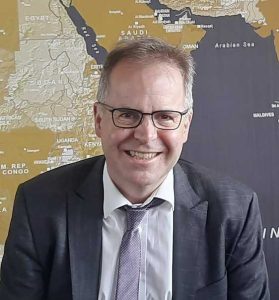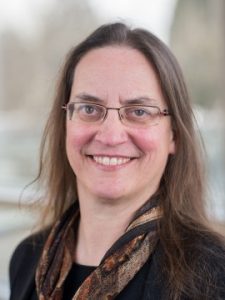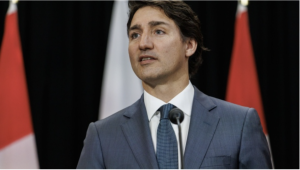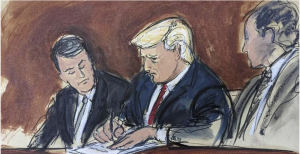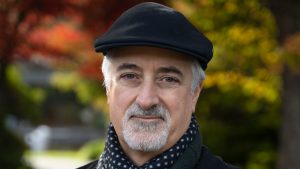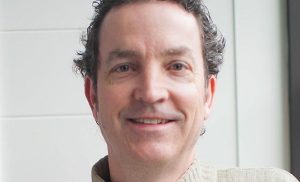Q&A with Professor Byers on his new open-access book, “Who Owns Outer Space?”
UBC Political Science professor Michael Byers has just published a new book: Who Owns Outer Space? The book, co-authored with UBC Astrophysics professor Aaron Boley, addresses a series of ‘grand challenges’—from space debris, to asteroid strikes, to anti-satellite weapons. What inspired your new book ‘Who Owns Outer Space? International Law, Astrophysics, and the Sustainable Development […]
Professor Barbara Arneil receives one of Canada’s highest honors: appointment to the Order of Canada
UBC Professor Barbara Arneil receives Order of Canada Appointment for Outstanding Contributions to Political Science.
Prof. Antje Ellermann is part of a group of Canadian scholars working on Bridging Divides, a research program on immigrant integration.
Prof. Ellermann is part of a group of Canadian scholars working on a pivotal research program, Bridging Divides, that focuses on several aspects of immigrant integration. The program “adopts a wide lens and situates migrant integration in the larger context of Canadian society, and that forefronts the ways in which Canadian society itself is changing” says Prof. Ellermann.
Voters should look out for urgency, specifics and honesty when evaluating a political candidate’s stance on climate change, says Prof. Harrison
Voting is one of the most effective forms of climate action, but Prof. Harrison says that when evaluating a candidate’s bid for your vote there are three main things to look for.
There are two major political barriers to reach Trudeau’s pledges to cut emissions and reach net zero, says Prof. Kathryn Harrison
There are two major political barriers to reach Justin Trudeau’s pledges to cut emissions by 40% to 45% below 2005 levels by the end of the decade and reach net zero by 2050. Prof. Harrison said she doesn’t see how the targets can plausibly be achieved without a cap on oil and gas production and Trudeau’s carbon price.
The charges brought against Trump are a lot more serious than the first case brought against him, says Prof. Quirk
In an interview with CBC Kids News, Quirk emphasized the critical nature of the disclosed documents, describing them as containing some of the United States’ most vital secrets. He highlighted the potential jeopardy to American safety if classified information, such as details concerning nuclear weapons, were to be compromised.
Teaching Democracy with Profs. Maxwell Cameron and Afsoun Afsahi
In this new Faculty Conversation Series, UBC Political Science Profs. Maxwell Cameron and Afsoun Afsahi talk about their research exploring solutions for how people who have conflicting political and moral opinions can talk about political issues. Their conversation explores how UBC Political Science and the Centre for the Study of Democratic Institutions teaches our students to become democratically-thinking in their aspirations.
Prof. Maxwell Cameron examines the challenge of electoral denialism in American politics
Recent political crises in Peru, Brazil, and the United States have exposed a new threat to democracy: electoral denialism, or misleading claims about fraud intended to prevent normal alteration in public office between government and opposition. Electoral denialism weakens the core electoral components of democracy by encouraging a substantial part of the electorate to distrust elections as a mechanism for conflict resolution.
The Parliamentary Budget Officer report on Clean Fuel Regulations raises important questions on the impacts of reducing emissions on lower income families, says Prof. Kathryn Harrison
The Parliamentary Budget Officer’s report, released May 18, found the Clean Fuel Regulations (CFR) were “broadly regressive” and would occupy a larger share of the disposable incomes of lower income Canadians, as compared with higher income earners. Prof. Kathryn Harrison says “the reality is that reducing Canada’s greenhouse gas emissions is not going to be free. It’s going to cost money.”
Learn more about the work of our educators at UBC – A Conversation with Prof. Richard Price
“In my first job as a professor, I took a fantastic year-long program on how to be an effective teacher. I’ve been hooked ever since on providing the most impactful learning experiences for students,” Prof. Richard Price talks about his experience at UBC and what motivates his teaching.
